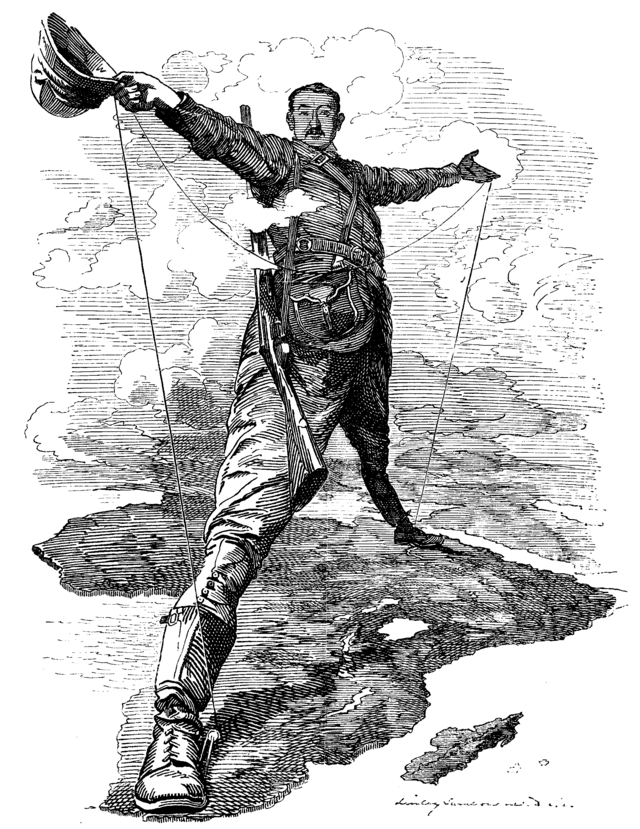ON WEDNESDAY, when the Australian Foreign Minister, Marise Payne, met with our own, Nanaia Mahuta, diplomatic sparks undoubtedly flew. By then, Payne would have had plenty of time to analyse the content of Mahuta’s ground-shifting speech to the New Zealand-China Council on Monday. If that wasn’t enough to turn her face to flint, then it’s hard to know what could. Australia has made no secret of its desire to see the Kiwis straighten up and fly right for their Five Eyes partners. That Mahuta announced New Zealand’s intention of doing no such thing would certainly have sent sparks flying all over Canberra.
The Australians would’ve been no more interested than the Chinese in all the usual diplomatic ruffage in Mahuta’s speech. The only line that would have made them sit up and take notice was this one:
“It’s a matter that we have raised with Five Eyes partners; that we are uncomfortable with expanding the remit of the Five Eyes relationship; that we would much rather prefer looking for multilateral opportunities to express our interests on a number of issues.”
In plain English:
New Zealand is unwilling to go along with the Five Eyes intelligence gathering operation being expanded into a full-scale diplomatic and military alliance.
That is NOT what the Aussies were expecting, or wanting, to hear. Up until Mahuta’s appointment as foreign minister, New Zealand’s diplomatic (and military) direction of travel had been set by the Five-Eyes-friendly Winston Peters and his Defence Minister sidekick Ron Mark. The idea of New Zealand being welcomed back into the bosom of what Peters’ namesake, Winston Churchill, called “The English-Speaking Peoples” was one that warmed the cockles of the NZ First Leader’s heart.
Reading Peters speeches, it is clear that Canberra (and Washington, London and Ottawa) had allowed itself to hope that not only was Wellington finally prepared to set aside all that 1980s “nuclear-free” nonsense, but that it was also ready to make the key conceptual leap from the old “Asia-Pacific” to the new “Indo-Pacific” diplomatic paradigm.
Aimed directly at the Peoples Republic of China, the Indo-Pacific strategy of containment pits the combined military might of the United States, Japan, India and Australia against the burgeoning capability of the Chinese Peoples Liberation Army. Encouraged by Peters anti-Chinese rhetoric, did New Zealand’s Five Eyes partners indulge the wild surmise that New Zealand was preparing to resume its strategic role as the guardian of Australia’s eastern flank? If so, then Mahuta has dashed their hopes most cruelly.
Contained in her address to the New Zealand-China Council (the venue, alone, should have put the other four “Eyes” on alert) is the outline of a wholly new set of foreign policy objectives. At the heart of Mahuta’s plan is the Pacific nation “Aotearoa”. As the largest of the South Pacific island nations, “Aotearoa” intends to articulate and defend the interests of the region in a proudly indigenous fashion.
“I believe our foreign policy settings can be enhanced by te Tiriti,” said Mahuta. “The principles of partnership, active participation and protection can be called upon to enable equity and tino rangatiratanga (self-determination).”
Mahuta’s title for her address, “The Dragon and the Taniwha”, must have sent the diplomatic corps scurrying for a dictionary of Maori myths and legends. What did she mean?
Given her comments about the predicament of small South Pacific nations currently overburdened by Chinese debt, Beijing might consider mollifying the Taniwha by writing-off these onerous “development” loans. How better to reward Wellington for stepping away from the rapidly solidifying anti-Chinese alliance? How better to signal to the nations of the South Pacific that Aotearoa-New Zealand’s new regional diplomacy deserves their enthusiastic support?
The veteran political journalist, Richard Harman, describes Mahuta’s diplomatic gambit as “arguably one of the most important made by a foreign minister in recent years”. Describing the speech as “subtly and carefully worded”, Harman argues that “with its declaration that we would no longer participate in the Five Eyes alliance’s broader political and security campaigns, it may prove to be as important as the 1984–87 Labour Government’s anti-nuclear speeches which led to New Zealand being expelled from ANZUS.”
Certainly, Bob Hawke resented David Lange’s do-it-yourself diplomacy. At the very least, Marise Payne, will be telling Nanaia to tell her mate, Jacinda, that “Australia’s not happy about this – not happy at all.”
This essay was originally published in The Otago Daily Times and The Greymouth Star of Friday, 23 April 2021.











